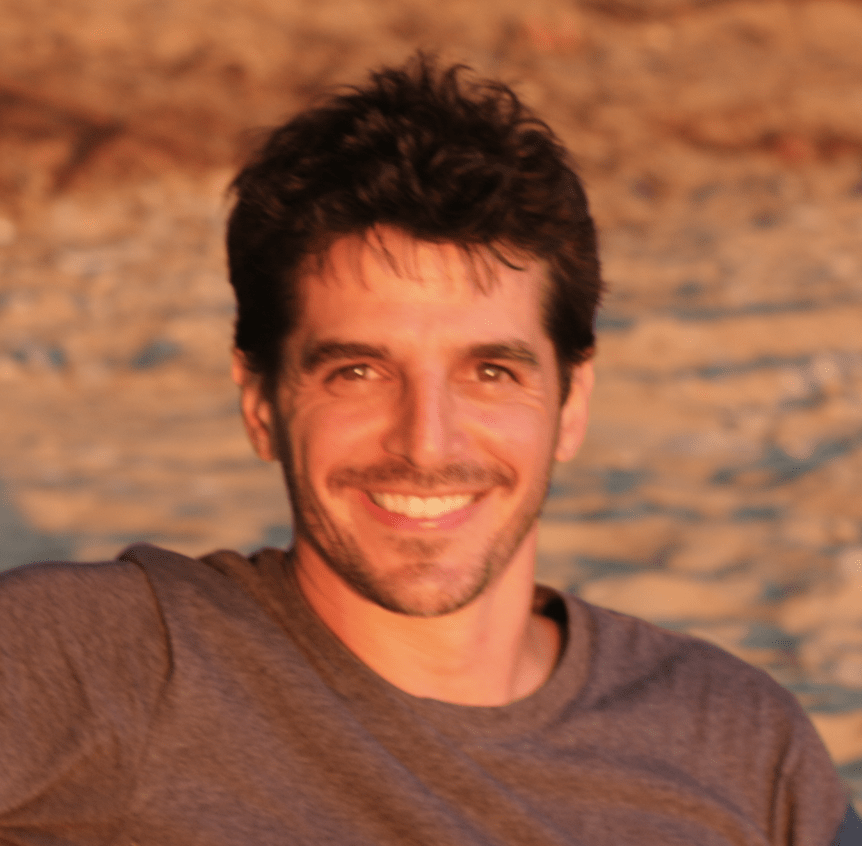academia
Investigative Ethnography: A Spatial Approach to Economies of Violence

Based on research in Colombia, this article argues that violent economic situations in specific spaces can be productively studied through a hybrid style of research that combines techniques of investigative journalism with the conceptual and methodological commitments of ethnographic inquiry.
Narco-Frontiers: A Spatial Framework for Drug Fueled-Accumulation

Through a combination of García Márquez's stories and Marx's general formula for capital as a means of analysis (Magical Marxism!), this article proposes a spatial framework for understanding how agrarian spaces are transformed by the drug trade.
journalism
Morales Re-Election Shows Failure of U.S. Policies

The re-election of Bolivian President Evo Morales to a third term is a stark reminder of Washington’s self-inflicted irrelevance south of the border. His life history is itself a story about U.S. policy blunders in Latin America.
60 Years After CIA Coup, U.S. Policy Hasn't Changed

Washington stood on the wrong side of history when it overthrew Guatemala's democratically elected president on June 27, 1954. To this day, the U.S. government has failed to learn the lessons of its Cold War interventions in Latin America.
my book
-
The Frontier Effect: State Formation and Violence in Colombia
The Frontier Effect challenges the notion that the cause of violence in Colombia’s war-torn rural areas is the absence of the state. The country’s violent frontier zones are not simple cases of Hobbesian political disorder; they are spaces in which new regimes of accumulation and rule are being produced and contested.
multimedia
Interview: The Frontier Effect

Stentor Danielson from the New Books Network invited me to his podcast to discuss my book The Frontier Effect: State Formation and Violence in Colombia (Cornell University Press, 2020).
State of the Colombian Peace Process

My interview with Dave Koller of TYT about the Colombian armed conflict, its origins, and current attempts to bring it to an end.
bio
I’m an Associate Professor in the Department of Geography and the Peace & Conflict Studies Prorgam at Colgate University in Upstate New York. Before academia, I worked in journalism, covering Latin American affairs and U.S. policy toward the region. Although I'm now focused full-time on teaching and research, I continue doing journalism on the side as a way of sharing my research with broader audiences.
I am currently working on a book about Central New York. The book will be a portrait of the region that tells a broader story about some of the most pressing issues currently facing Rural America. Read More »

